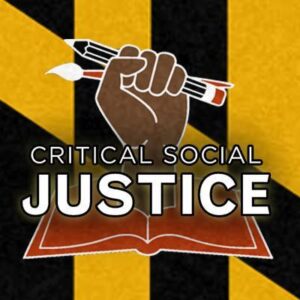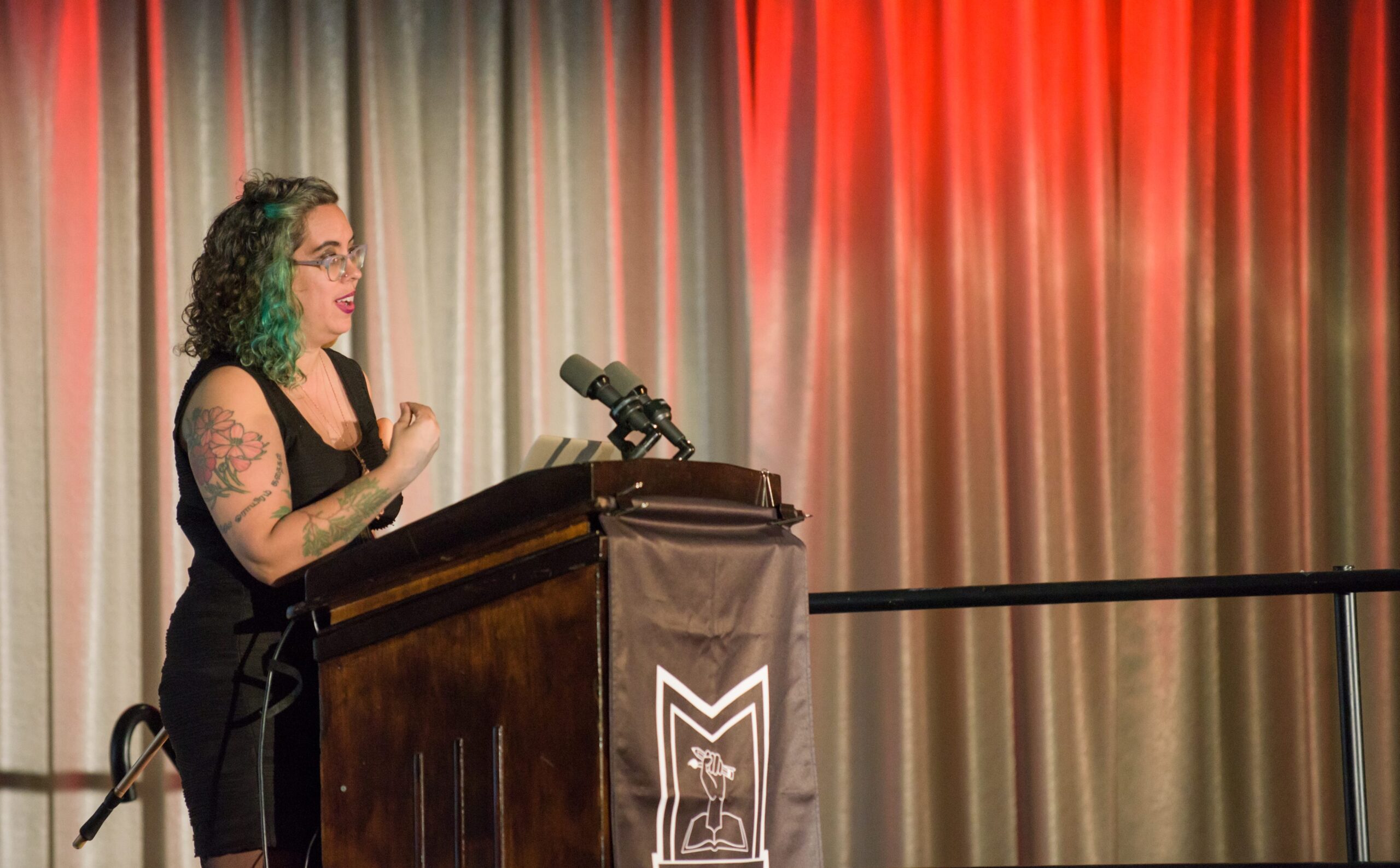Each year, Critical Social Justice provides a series of interactive events for the UMBC community to explore social justice from a variety of perspectives. In celebration of UMBC’s 50th anniversary and The Women’s Center‘s 25th anniversary, this year’s theme focused on UMBC and Baltimore as places that represent home for many people.
Critical Social Justice week is coordinated by The Women’s Center and Student Life’s Mosaic: Center for Culture and Diversity. Some of the week’s most popular events this year included a social justice activism workshop; a roundtable on challenges LGBTQ youth may face relating to home; a walking tour in Baltimore led by Kate Drabinski, lecturer in gender and women’s studies; and a panel on how the idea of home relates to social justice.
In describing the goals of Critical Social Justice, Jess Myers, director of The Women’s Center, and Megan Tagle Adams, assistant director of The Women’s Center, explained, “As we celebrate and contemplate UMBC as a home for learning, activism, and social change, we embrace the opportunity to invest ourselves in creating meaningful change here on campus in addition to taking our newly gained insights and knowledge with us back home, wherever that may be.”
At the start of a compelling keynote talk on October 25, Maureen Evans Arthurs ’13, gender and women’s studies and political science, and Daniel Willey ’17, gender and women’s studies, shared personal stories about UMBC has helped them to find their home.
 “Throughout Critical Social Justice, we want you to consider where you have found your home, and wherever you find that home, may you find community, healing, and the ability to live authentically and to love,” Evans Arthurs said.
“Throughout Critical Social Justice, we want you to consider where you have found your home, and wherever you find that home, may you find community, healing, and the ability to live authentically and to love,” Evans Arthurs said.
In her keynote talk “Body/ Land/ Home: Disability Justice, Healing Justice and Femme of Color Brilliance,” Leah Lakshmi Piepzna-Samarasinha explained what the idea of home means to her and how lived experiences can provide a foundation for social justice.
“In talking about what home is…I want to focus it on my own experiences as a disabled femme queer person of color and my activism, organizing, and artwork surrounding that and a lot of other people as well,” she shared. “I want to talk about how ableism and disability is so important to everybody, disabled and non-disabled people, when we think about what it means to come home for us.”
Piepzna-Samarasinha is a poet, performer, healer, and activist whose work focuses on underrepresented people, disability justice, queer and trans people of color, and abuse survivors. She spoke thoughtfully about expectations of perfection and about intersectionalities of racism and ableism.
“It takes incredible strength and resilience to continue on in a world that reminds us that we don’t belong here,” she said, adding “communities that don’t shame you for your body and your mind are really important.”
She particularly highlighted the power of support networks for people with disabilities, for sharing experiences and resources and creating events, spaces, and homes that are truly accessible. “We figure out how to offer each other care from where we are,” she said, “and to not leave each other behind.”
The keynote address provided a springboard for additional conversations within the UMBC community.
“It is in this spirit that the fourth annual Critical Social Justice aims to create space and learning opportunities to consider the ways we can challenge, explore, and redefine the concept of home based upon our individual and collective histories as well as our intersecting identities,” said Myers and Tagle Adams.
For more on Critical Social Justice, visit The Women’s Center website.
Image: Leah Lakshmi Piepzna-Samarasinha presents the 2016 Critical Social Justice keynote address at UMBC. Photo by Marlayna Demond ’11 for UMBC.
Tags: CAHSS, GWST, WomensCenter

